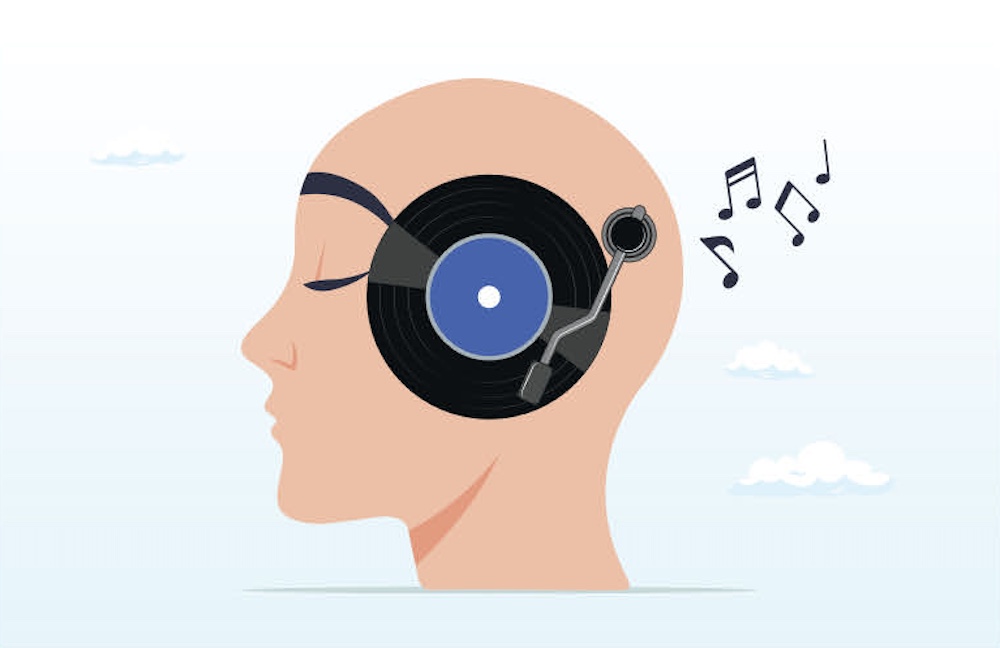
They say time machines are fictional, but I disagree, well to an extent. I was busy working when a song I hadn’t heard in years came on the radio, I was instantly transported back to my high school days. In that moment, I found myself reliving memories of the clothes I used to wear, the friends I had, unrequited romance, and the countless times I sang along to that very tune.
It’s incredible how music has the power to move us. Taking us to different times and places in an instant. It has the ability to spark a whole range of emotions with just a few beats.
I was in the car and a Take That song played. It reminded me of a much missed friend. She’s not here anymore and it made me think of her in a bitter sweet way. Happy to be reminded of her, sad that she’s gone. Music does that sometimes doesn’t it? Grabs you when you least expect it, pulling you along with whatever emotion it stirs within.
Music is a universal language that brings people from all walks of life together. Whether through sharing playlists, attending concerts, singing in a choir, dancing, or enjoying classical performances, there’s a musical avenue for us all. The Internet has significantly enhanced music’s diversity and accessibility. It especially helps young people find their tribe, build friendships and create a sense of community and belonging
Did you know that when you listen to your favorite tunes, it actually triggers the release of dopamine in your brain?
Dopamine is often called the “feel-good” hormone because it’s responsible for making you feel happy and rewarded. So, when you’re singing along to your favorite songs, you’re not just enjoying the music—you’re also giving your brain a little boost of happiness making you feel more optimistic.
That’s why I set my Alexa to wake me up with music rather than the traditional alarm clock. Instead of being jolted awake by a loud beep, starting my day with familiar, uplifting songs sets a positive tone before I even get out of bed!
Music is also effective for relaxation. A slower tempo can quiet your mind and relax your muscles, making you feel soothed while releasing the stress of the day by reducing anxiety, blood pressure, and pain as well as improving sleep quality, mood, mental alertness, and memory. Researchers say that the right choice of music, such as instrumental or ambient music, can help block out distractions, improve concentration, and maintain attention during study sessions and work.
Exploring a music genre outside your usual preferences can enhance mindfulness. If, like me, you find yourself playing the old favourites on repeat, consider delving into new artists or diverse cultural sounds. It forces you to pay deeper attention, offering a refreshing escape during times of overwhelm or anxiety. Using earphones intensifies focus, creating an immersive experience ideal for meditation and instrumental tracks, helping you switch off from whatever’s going on in the outside world.
Music isn’t just background noise—it’s the soundtrack to your life.
Shannon Humphrey is a First Aid for Mental Health Instructor – www.pathwaysforpositivity.com
Image: Shutterstock
While you’re here, can we ask a favour?
South Leeds Life is published by a not-for-profit social enterprise. We keep our costs as low as possible but we’ve been hit by increases in the print costs for our monthly newspaper which have doubled in the last two years.
Could you help support local community news by making a one off donation, or even better taking out a supporters subscription?
Donate here, or sign up for a subscription at bit.ly/SLLsubscribe


